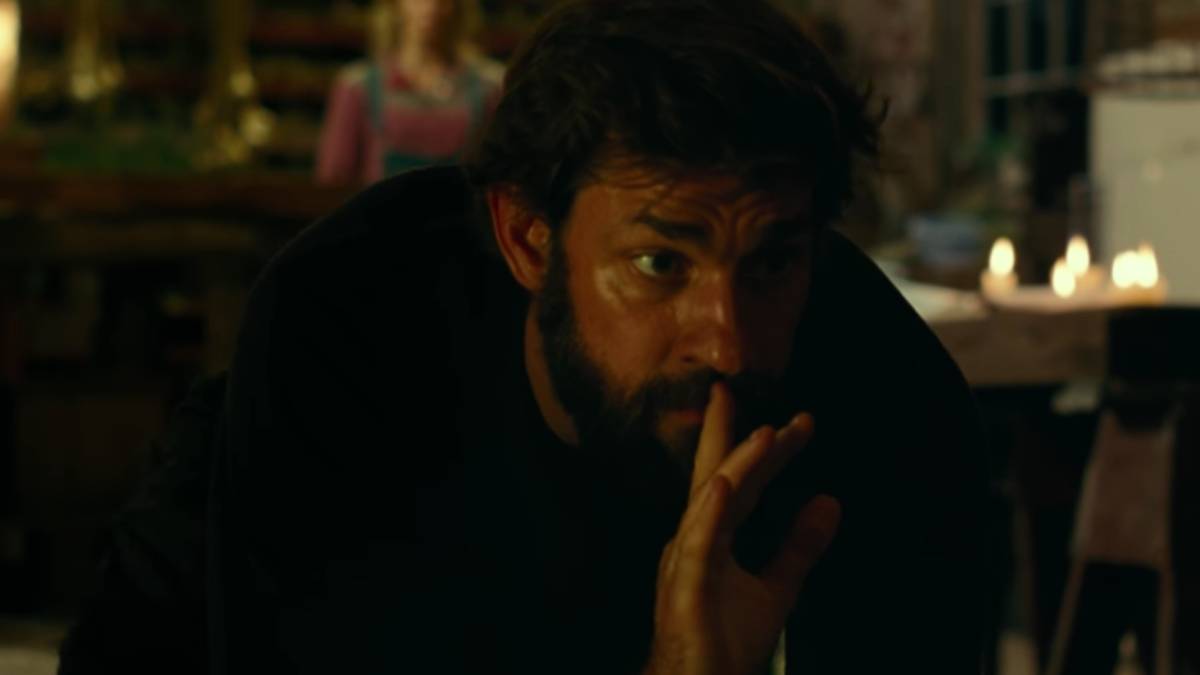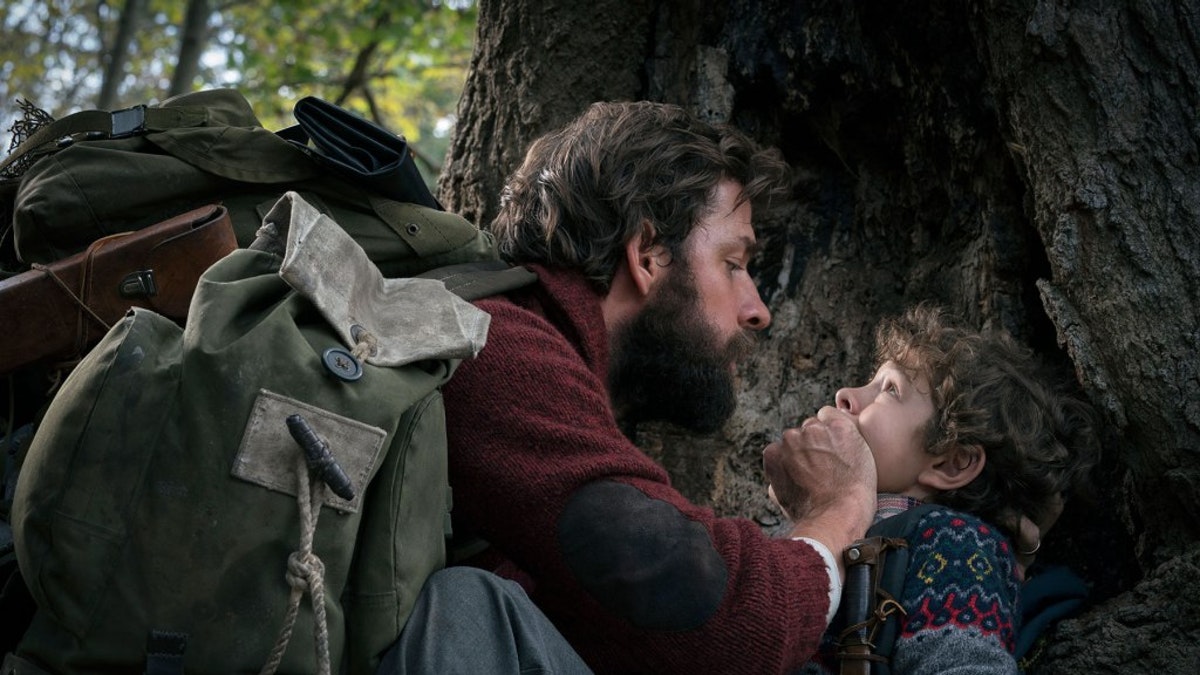The latest trailer for the upcoming John Krasinski-directed horror film, A Quiet Place, is a stunning piece of marketing. The film sells itself on silence and haunting soundscapes rather than dialogue and exposition. Details of the premise have been kept deliberately vague, but what we can gather is that something is targeting the main characters of the film if they make a noise. To combat this, the bulk of the communication between them is done through sign language, and they live in resolute silence.
There is something else about this film that struck me though, something that I’m relieved to see in a major production. The daughter of the protagonists is deaf, as is Millicent Simmonds, the actress playing her. Krasinski has spoken about how important it was to seek out a deaf actress, an act of inclusiveness that is making me well up just writing about it.
I’ve had to deal with ableism my entire life. Growing up with autism and dyspraxia, I’ve always felt like an outsider in a world that I don’t understand. I share a deep level of empathy with people who suffer from disabilities, physical and mental. If there’s one thing that has always rubbed me the wrong way, it’s non-disabled actors playing disabled characters.
I know, I know, the challenges of acting should be about inhabiting another person’s skin. I studied drama at university, it’s a concept that I’m familiar with. But a startling realisation I came to when I was training to be an actor was the difficulties that disabled performers face in succeeding. I’ve been turned down in the past because of “weird arm movements” (dyspraxia can cause twitching and spontaneous movement in my arms and hands), I didn’t think much of it at the time, but now I realise that ableist discrimination is very real and has affected my life.

It’s why I can’t bring myself to enjoy Forrest Gump. Watching Tom Hanks doing a silly voice that sounds like a schoolyard impression of “a spastic” makes the fact it’s an Oscar-winning performance all the more difficult a pill to swallow. I’ve seen countless films in which actors gallivant around, making autism and other learning difficulties into a pantomime impression that might as well be blackface to me. To see something that I have to live with every day being inaccurately portrayed by prestige actors to acclaim and awards reminds me why I stopped pursuing acting in the first place; there is no place for me in that world.
A Quiet Place gives me hope. I’m a real horror nut, and I think we’re currently in somewhat of a renaissance for the genre. Maybe not for studio horror (though I admire James Wan’s efforts), but smaller scale pictures have been impressing the genre lover in me since You’re Next in 2011. Now we have a horror film that not only has me intrigued because of its premise and production methods, but also because it’s given a deaf actress a role that she’s perfect for.
Krasinski could have taken the traditional route and cast someone without a disability that would have to be catered for while on set. But when you’re making a movie in which sign language plays a major part in communication, not hiring a deaf performer would be a crying shame. I do not know Millicent Simmonds or her journey in acting, but I would be shocked if she hadn’t had to overcome hurdles due to her deafness. The acting world is a tough enough nut to crack as it is, combining that with something that the world has already stigmatised only amplifies the effort required.

I’m still yet to see a film in which a major character with explicitly stated autism is played by an autistic actor (and you can bet I’ll be writing about that until the cows comes home once it happens), but I belong to a wider group than just those on the spectrum. I am disabled, and that is what I identify as. I belong to a large group of people who face prejudice every day, whether it be because they look different or interact with other people in an offbeat manner. The world is designed to not accommodate for us, and only recently has society made any kind of attempt to catch up.
As a frequent victim of ableism – sometimes within an acting context – any kind of inclusive casting is a win in my eyes. Not to mention in the eyes of the millions of other disabled artists out there. At this point, it doesn’t even matter to me whether A Quiet Place is good or not (though I’m hoping it is), this casting is enough to sell me on it.
I’d like to conclude by thanking John Krasinski, who didn’t have to do what he did. To see representation on this level brought a tear to this writer’s eye, and made me believe that full acceptance isn’t a fantasy anymore.
Some of the coverage you find on Cultured Vultures contains affiliate links, which provide us with small commissions based on purchases made from visiting our site. We cover gaming news, movie reviews, wrestling and much more.



